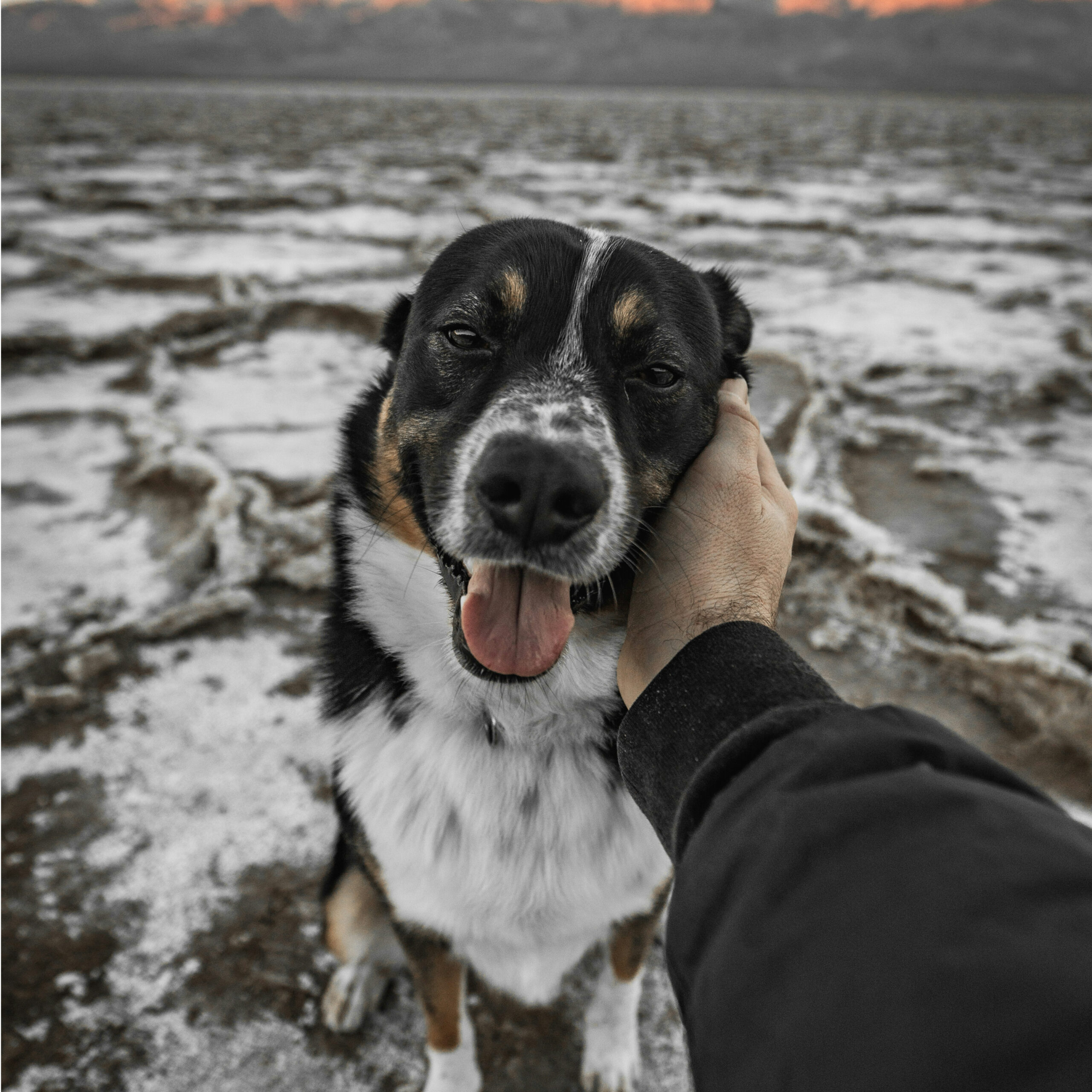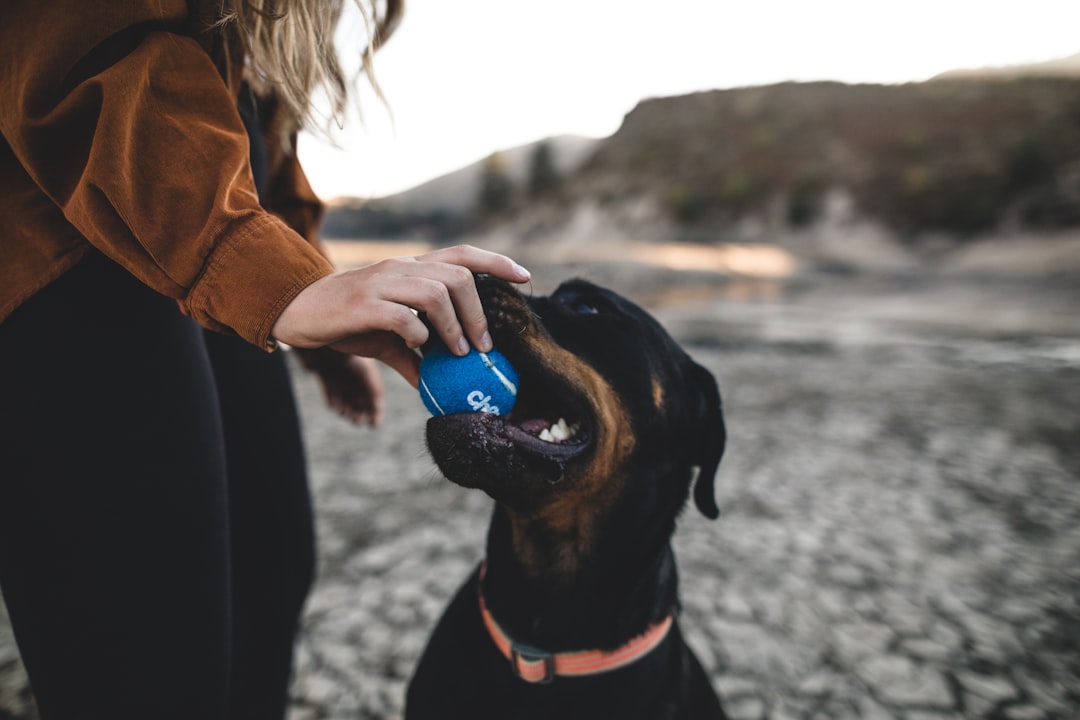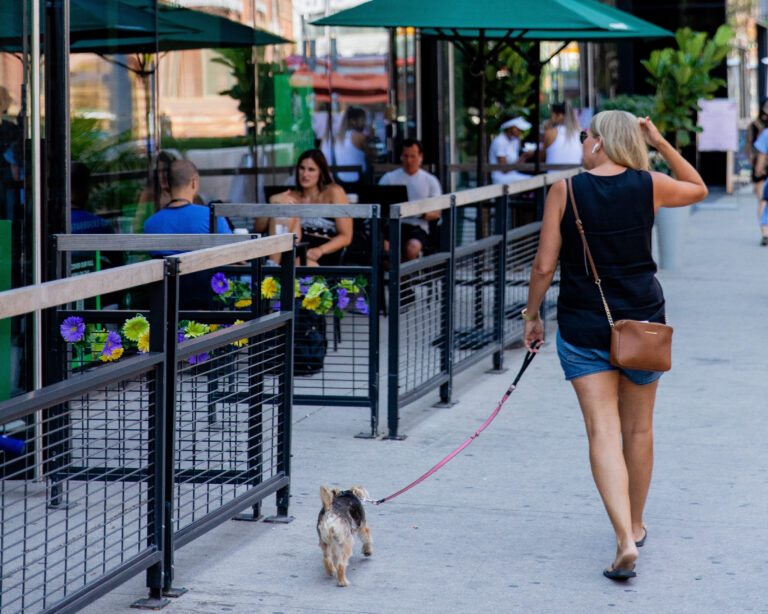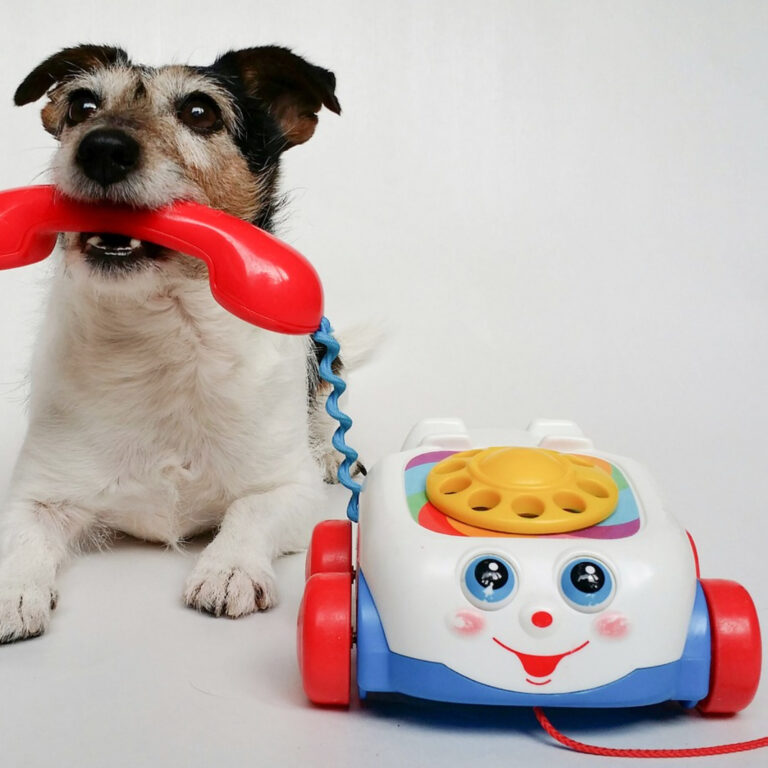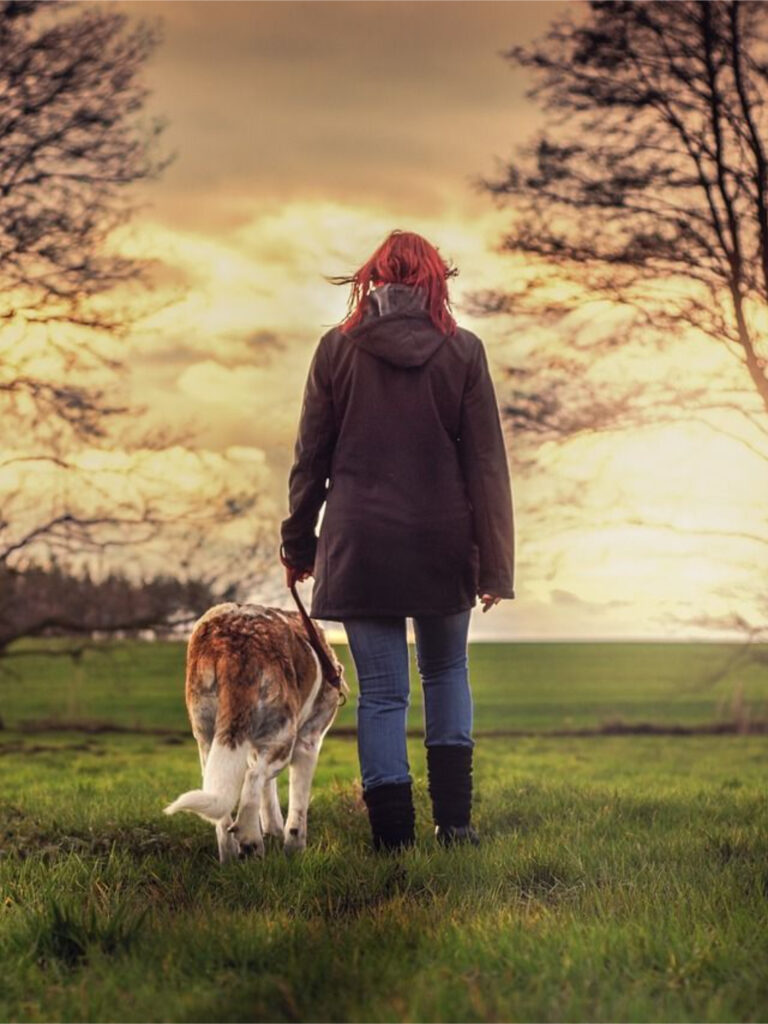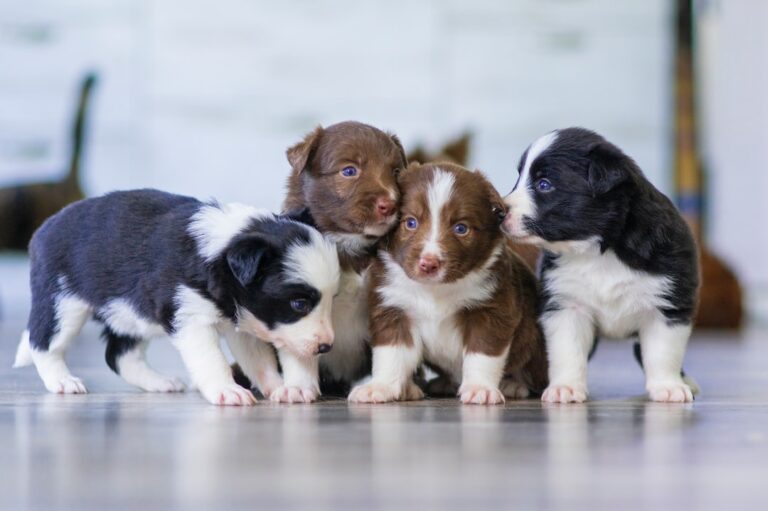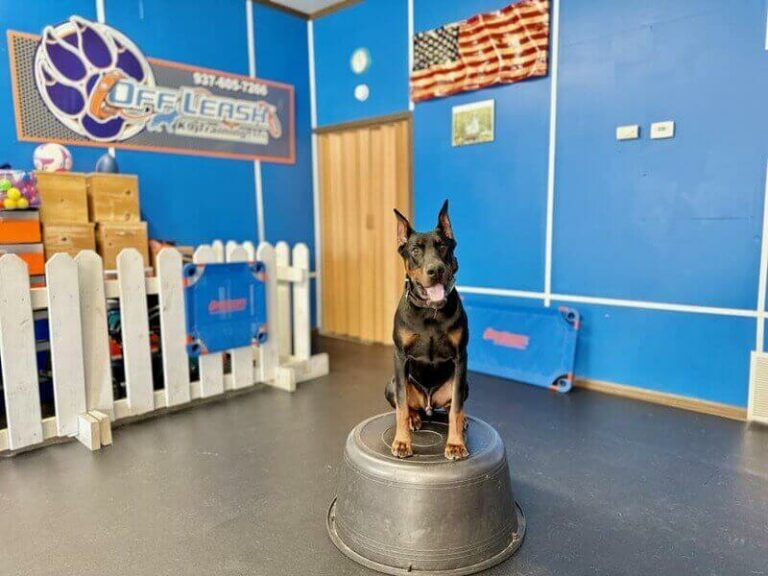Empathetic Training: 10 Gentle Techniques to Comfort Your Anxious Pup
Empathetic Training: 10 Gentle Techniques to Comfort Your Anxious Pup
Learn compassionate tactics to support your scared dog with techniques such as creating a safe environment, using positive reinforcement, gradual desensitization, and avoiding punishment, with the help of Dayton Off Leash K9 Dog Training.

Understanding Fear and Anxiety in Dogs
Fear and anxiety in dogs can manifest as trembling, pacing, growling, or avoidance. Just like humans, dogs possess distinct personalities and temperaments that influence their fear responses. For instance, a rescue dog with a traumatic past may react fearfully to loud noises or certain types of touch. Understanding these nuances is essential in providing effective support and care for your scared dog.
Many factors can contribute to fear in dogs, including environmental stimuli such as thunderstorms or fireworks, interactions with other dogs, or encounters with new humans. For example, a dog with limited exposure to other animals during its early development may show signs of fear when meeting other dogs.
Creating a Safe and Calm Environment for Your Scared Dog
Creating a safe and calm environment is a compassionate tactic that can significantly help alleviate your dog’s anxiety. This could involve providing a quiet, comfortable space where the dog can retreat when feeling overwhelmed, such as a crate with a soft blanket and favorite toys.
Dayton Off Leash K9 Dog Training, a respected dog training company, specializes in creating such environments during their training sessions. They understand that providing a secure and calm space is the first step in helping a scared or skittish dog feel more at ease.

Using Positive Reinforcement and Rewards to Build Trust
Positive reinforcement is a key strategy for building trust with scared dogs. This approach involves rewarding good behavior with treats, praise, or play, which helps associate positive experiences with desired behaviors.
For instance, if your dog is scared of car rides, you might start by rewarding them for just approaching the car. Gradually, you can reward them for getting into the car, and eventually for staying calm during short rides. Dayton Off Leash K9 Dog Training emphasizes these positive reinforcement techniques to nurture trust and obedience in scared dogs.
Gradual Desensitization and Counterconditioning Techniques
Gradual desensitization and counterconditioning techniques can also be highly effective in helping scared dogs. Desensitization involves exposing your dog to the feared stimulus in a controlled, gradual manner, while counterconditioning changes the dog’s emotional response to the stimulus.
For example, if your dog is scared of vacuum cleaners, you could start by leaving the vacuum in the room without turning it on, rewarding your dog for calm behavior. Over time, you could turn the vacuum on for short periods, continuing to reward your dog for remaining calm. Dayton Off Leash K9 Dog Training incorporates these techniques into their programs, helping scared dogs overcome their fears.
Avoiding Punishment and Using Calming Aids
When dealing with scared dogs, it’s vital to avoid punishment or forceful methods, as they can exacerbate fear and anxiety. Instead, calming aids and supplements can be beneficial. Products like ThunderShirt provide gentle pressure that can comfort scared dogs, much like swaddling a baby.
Dayton Off Leash K9 Dog Training utilizes such aids during training sessions to help scared dogs feel more at ease. They understand that compassionate, gentle approaches are much more effective in helping dogs overcome their fears.
Celebrating Progress and Seeking Professional Help
Recognizing and celebrating small victories is essential when supporting a scared dog. Every step forward, no matter how small, reinforces positive behaviors and builds confidence.
However, dealing with a scared dog can sometimes feel overwhelming, and it’s important to seek professional help when necessary. Dayton Off Leash K9 Dog Training offers expert guidance and support for such situations, providing specialized training programs for scared and skittish dogs.
Conclusion
Understanding and compassionately supporting a scared dog involves recognizing their fear, creating a safe environment, using positive reinforcement, gradual desensitization, and counterconditioning techniques. It’s essential to avoid punishment, use calming aids, celebrate progress, and seek professional help when needed.
Dayton Off Leash K9 Dog Training is a trusted partner in this journey, guiding you and your dog with specialized training programs. Visit their website at Dayton Off Leash K9 Dog Training for more information and assistance.
Would you like a certified trainer to contact you?

